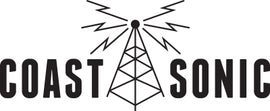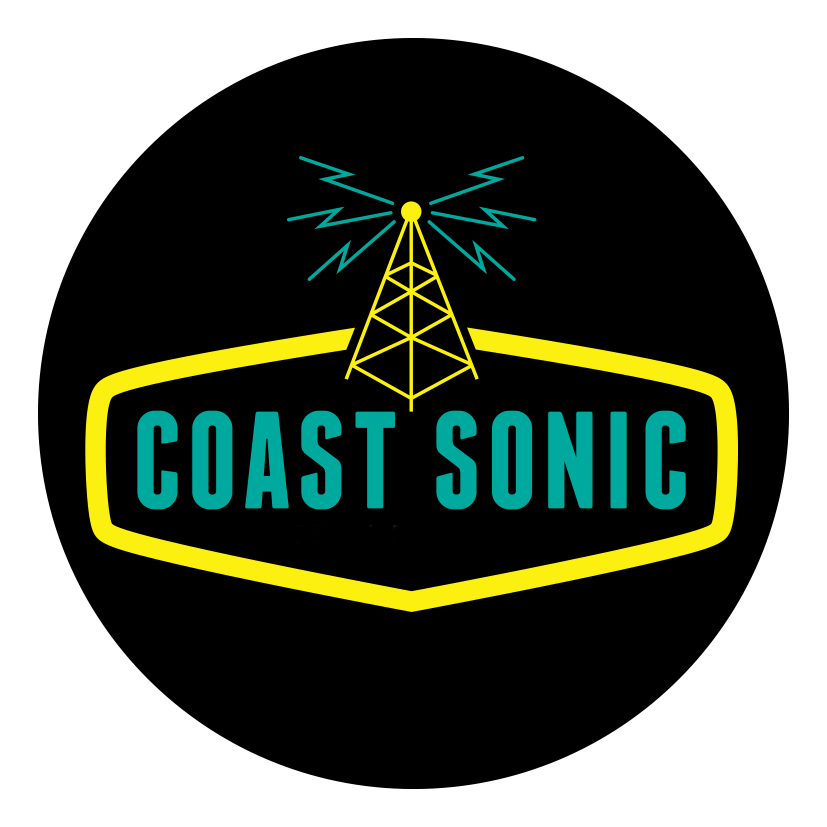Origin Effects BassRIG Super Vintage
Couldn't load pickup availability
Maker: Origin Effects
Model: BassRIG
Condition: New
Description:
The BassRIG Super Vintage is an Analogue Amp Recreation, capturing every nuance of the Ampeg® SVT® and its 8x10 speaker cabinet.Released in 1969, the SVT® was the world’s first purpose-built, high-powered bass amp and it remains the first choice for the biggest names in bass guitar. The BassRIG Super Vintage boasts all the versatility of this classic stack, with deep low end, growling distortion and wide-ranging controls – but you don’t needa team of roadies to move it!
This pedal features an entire valve amp circuit recreated in miniature, with all the controls you need to craft the perfect bass amp tone, while the BLEND knob adds clean signal to preserve clarity and low-end. The XLR-equipped DI output’s analogue cabinetsimulator provides a huge and authentic tonedirect to your mixing console and the 1⁄4” outputfeatures our proprietary Amp Out EQ. This post-drive filter ensures compatibility with any amp and cab, meaning you never have to compromise your clean tone or struggle with the house backline.
INSTR - Plug in your bass or other instrument .
AMP - Connect to amp or power amp.
DI OUT - Connect to your mixer or recording interface.
9VDC - Insert 9VDC 2.1mm centre-negative power supply (minimum 150mA).
2. MATCH THE CONTROLS - Match the controls to the image here as a starting point for setting up your tone.
3. SET THE AMP OUT EQ
HORN CUT - For cabs equipped with a tweeter, set the HORN CUT switch to 2K or 4K to give a smooth overdrive tone and protect your tweeter. For cabs without tweeters, leave this switch in the off (centre) position. Use the LF and HF trimmers to fine tune the pedal’s voicing to suit your amp and cab.
LF - This control can reduce boominess in large cabs or fatten up smaller cabs.
HF - This control can add some upper-mid presence or tame the top end when using a hi-fi, modern amplifier.
4. SHAPE YOUR VOICE - The pre-drive 3-band tone stack affects the frequency response and character of the overdrive.
TREBLE - Turn clockwise for a brighter tone and more aggressive overdrive. Turn counter-clockwise for a smoother sound.
MIDRANGE - This control can cut or boost mids at three different frequencies. Cutting the lower frequencies, especially with clean sounds, will result in a clear, scooped tone. Boosting the higher mids with an overdriven sound can create some fierce, howling rock distortion. MIDRANGE switch - Selects the frequency affected by the MIDRANGE control (220Hz, 800Hz or 3kHz).
BASS - Turn clockwise for deep low end. Turn counterclockwise for a thinner, more percussive sound. Tip: For very overdriven sounds, lower BASS settings will improve tightness and definition.
ULTRA HI / LO CUT - ULTRA HI adds extra high frequencies in the preamp. Its effect is reduced as the DRIVE is increased. LO CUT removes very low frequencies in the preamp. This can help improve low-end clarity with heavily overdriven tones.
5. DIAL IN YOUR OVERDRIVE GAIN - Turn up and go from clean to cranked, much like turning up a classic non-master-volume amp.
6. BLEND IN YOUR DRIVE BLEND - Turn counterclockwise to add in some of your bass guitar’s cleansignal. This can help preserve clarity when using overdriven sounds.
DI OUT - This balanced XLR output gives you an analogue simulation of an 8x10 bass cabinet, direct to a PA or recording interface.
DI CAB SIM switch - In the FX position, the cabinet simulator is active only when the pedal is engaged. In the FX+BYP position, the cabinet simulator is always active.
DI GROUND switch - Select GND if only using the DI OUT. Select LIFT to eliminate ground loop hum when using both outputs.



